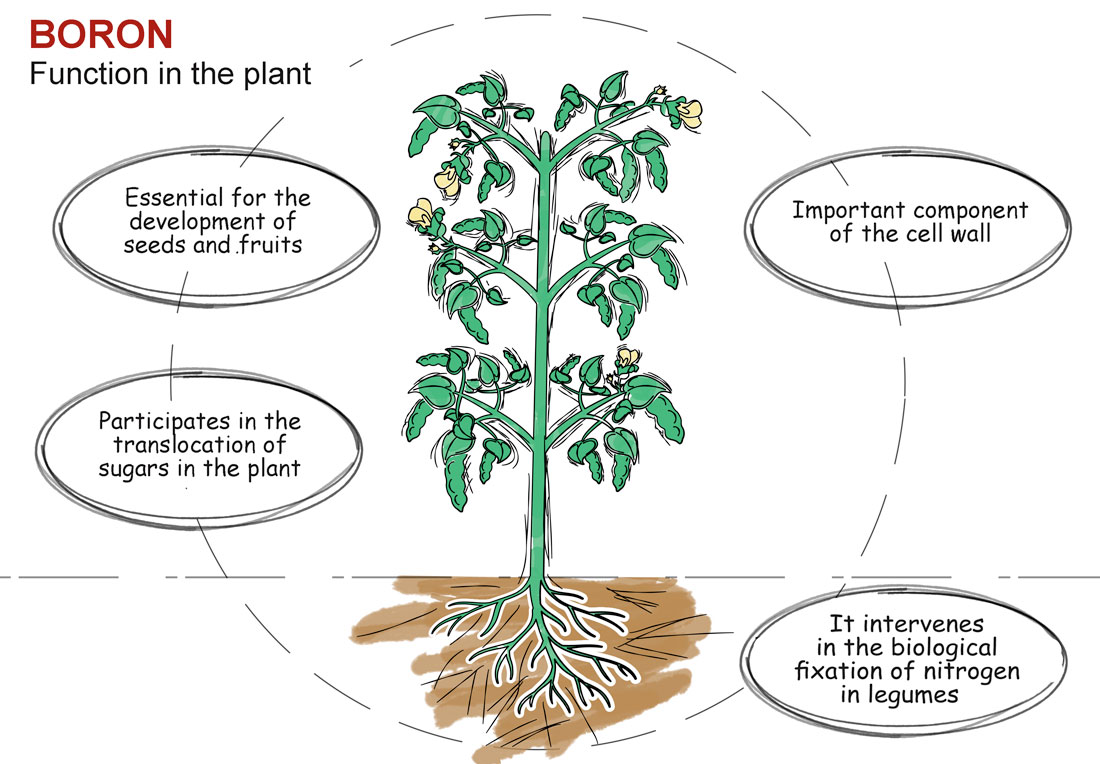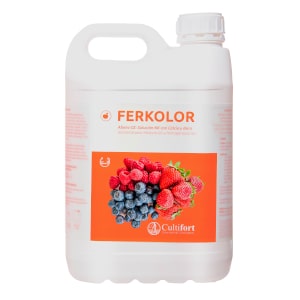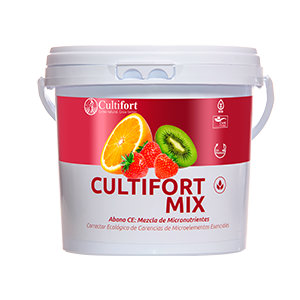B
Boron (B)
Boron
About 90% of boron in the plant is in the cell wall, where it performs an essential role in its stability, forming bonds with pectins and polysaccharides. Therefore, together with calcium, boron is essential in the metabolic processes of the cell wall.
Furthermore, B is involved in the conservation of cell membrane functions by participating in the transport of sugars through the phloem as borate-like complexes.
In addition, boron is involved in the main physiological processes of the plant such as cell division and growth; as well as pollination and fruit ripening by increasing the viability of pollen grains.
Finally, boron participates in the biological fixation of nitrogen in leguminous plants, allowing the formation of nodules in the roots.
ABSORPTION
It is absorbed as hydrogen borate ion (H2BO3-), both by the leaves and by the roots.
DEFICIENCIES
Boron deficiencies usually occur in acidic, sandy soils with low organic matter content. Boron deficiency is accompanied by aluminum toxicity (Al3+), so that adequate Boron in these soils helps reduce toxicity by Al3+.
One of the first symptoms of B deficiency is inhibition in root growth and development. Also, these roots become more susceptible to attacks by pathogens, due to the weakening of the cell wall.
The cell division in the stems and in the young leaves also ceases. With the development of this deficiency, the plant can suffer from short internodes, dry buds, deformations, low pollen viability and abortion and flower fall.
CULTIFORT PRODUCTS FOR THE LACK OF BORON




